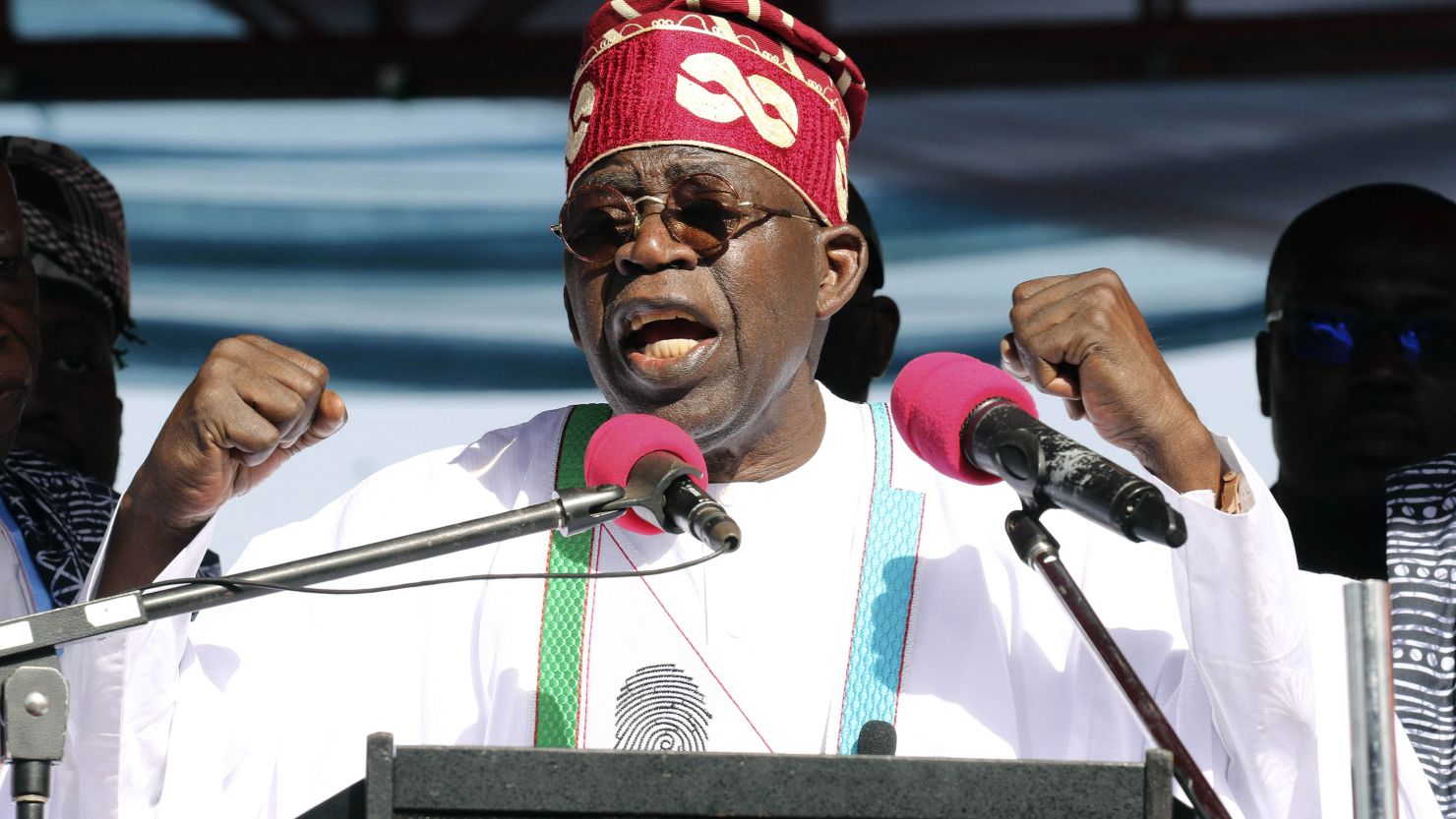The recent call for a fresh loan by President Bola Tinubu has sparked concerns about the financial future of Nigeria. The Peoples Redemption Party (PRP) is raising alarm bells, cautioning against what they see as a risky move that could have long-term repercussions for the country.
Falalu Bello, the National Chairman of PRP, did not mince words when he addressed the issue, stating,
“We are profoundly alarmed and deeply disappointed by the current trajectory of Nigeria’s reckless borrowing spree under the administration of President Bola Ahmed Tinubu.”
This sentiment reflects worries about the growing debt burden faced by Nigeria and its impact on future generations.
Bello emphasized the need for transparency and accountability in financial matters, highlighting his party’s stance on responsible governance. He criticized the lack of visible results from previous loans and raised concerns about alleged mismanagement of funds by government officials. According to him, this trend only serves to further impoverish the nation and saddle future generations with insurmountable debts.
The PRP chairman pointed out that there are alternative avenues for revenue generation within Nigeria that should be explored before resorting to additional borrowing. He referenced data from key government agencies like the Federal Inland Revenue Service (FIRS) and the Nigeria Customs Service (NCS), showing promising figures in domestic revenue collection. This suggests that with proper utilization and management of resources, there may be less reliance on external loans.
In urging the National Assembly to reject Tinubu’s loan request, Bello called for a patriotic approach to safeguarding Nigeria’s economic stability. He stressed that sustainable development cannot be achieved through mounting debt but rather through prudent fiscal policies and investments in critical sectors.
The PRP’s concerns echo broader debates around fiscal responsibility and sustainable development in emerging economies like Nigeria. Experts warn that excessive borrowing without tangible benefits can lead to severe economic challenges down the line. As such, it is crucial for policymakers to strike a balance between addressing immediate needs and securing a stable financial future for their countries.
As discussions continue around Tinubu’s loan proposal, stakeholders across various sectors will be closely monitoring how this unfolds. The outcome could have far-reaching implications not just for Nigeria’s economy but also for its social welfare programs, infrastructure projects, and overall development trajectory.
In light of these complex dynamics, it remains imperative for all parties involved to engage in constructive dialogue aimed at finding viable solutions that prioritize both short-term goals and long-term sustainability. Balancing immediate financial demands with strategic planning is key to ensuring a prosperous future for all Nigerians.
Ultimately, as decisions are made regarding this latest loan request, one thing is clear: protecting Nigeria’s economic interests today is essential for building a stronger tomorrow. By heeding calls for prudence and accountability in financial matters, leaders can steer the country towards a more stable and prosperous path forward.









Leave feedback about this